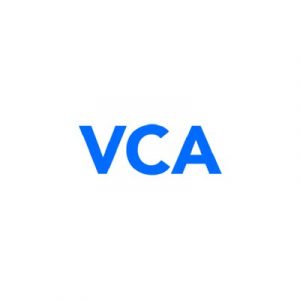 A self-regulatory organization to regulate virtual currency took another step forward.
A self-regulatory organization to regulate virtual currency took another step forward.
The Virtual Commodity Association (VCA) announced it was forming a working group.
The VCA is the brainchild of the Winklevoss twins, who initially rose to fame as the foils to Mark Zuckerberg in the movie The Social Network.
They have increasingly invested in virtual currency more recently.
In March, they announced their idea for a virtual currency wide self-regulatory organization.
On Monday August 20, 2018, VCA announced the formation of a working group to “work toward the goal of establishing an industry sponsored, self-regulatory organization to oversee virtual commodity marketplaces.”
The VCA has brought industry heavyweights together: Bitflyer, Bitstamp, Bittrex, and Gemini are all part of the working group.

The announcement was quickly met with approval from at least one commissioner on the Commodities Futures Trading Commission (CFTC), Brian Quintenz.
“Given the absence of federal oversight jurisdiction in the crypto market, in February and again in March of this year I called on the crypto platform community to come together and develop a self-regulatory organization-like entity that could develop and enforce rules.” Quintenz stated. “I am pleased that progress has been made on such a concept. Ultimately, an independent and empowered SRO-like entity could have a meaningful impact on the integrity and credibility of this young marketplace. Today’s announcement is a positive step towards that realization.”
A self-regulatory organization (SRO) is created privately and functions as a regulatory body over an industry.
Other examples of SROs including: the American Bar Association, the American Medical Association, and FINRA, in the trading industry.
FINRA provides licenses to broker/dealers; it’s not clear if the VCA will also have a licensure function.
According to the announcement the VCA will work to create sound practices in eight categories: virtual currency custody, customer communication, surveillance, transparency, rules-based markets, cyber-security, information sharing, and cooperation with other regulators.
“The VCA will be governed by a Board of Directors and capitalized by members. The Board structure (including a required number of independent directors) will be established soon. The primary function of the Board will be to facilitate the goals and mission of the VCA, potentially including the issuance of reports regarding the standards set forth by the VCA.” Their site noted.








